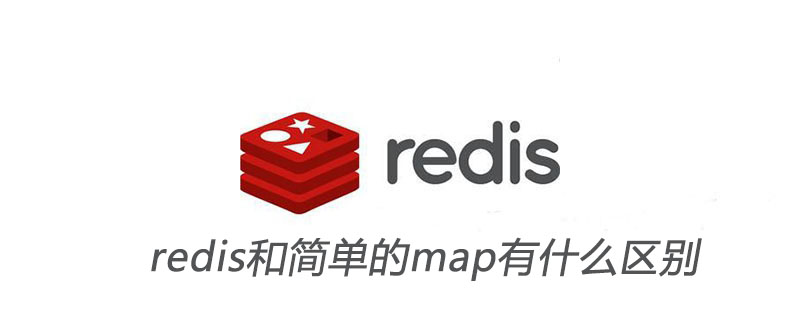The difference between cache

Redis video tutorial)
What is the difference between redis and simple map:
1.Redis can use dozens of G memory for caching, but Map cannot, and the general JVM only Dividing the data into several G is enough.
2.Redis’ cache can be persisted. Map is a memory object, and the data will be gone as soon as the program is restarted.
3.Redis can implement distributed caching. Map can only exist in the program that created it.
4.Redis can handle millions of concurrency per second and is a professional cache service, Map is just an ordinary object
5,Redis cache has an expiration mechanism, Map itself does not have this function
6,Redis has a rich API, Map is too simple
For more Redis-related technical articles, please visit theRedis database usage tutorial column to learn !
The above is the detailed content of What is the difference between redis and simple map?. For more information, please follow other related articles on the PHP Chinese website!
 Commonly used database software
Commonly used database software
 What are the in-memory databases?
What are the in-memory databases?
 Which one has faster reading speed, mongodb or redis?
Which one has faster reading speed, mongodb or redis?
 How to use redis as a cache server
How to use redis as a cache server
 How redis solves data consistency
How redis solves data consistency
 How do mysql and redis ensure double-write consistency?
How do mysql and redis ensure double-write consistency?
 What data does redis cache generally store?
What data does redis cache generally store?
 What are the 8 data types of redis
What are the 8 data types of redis